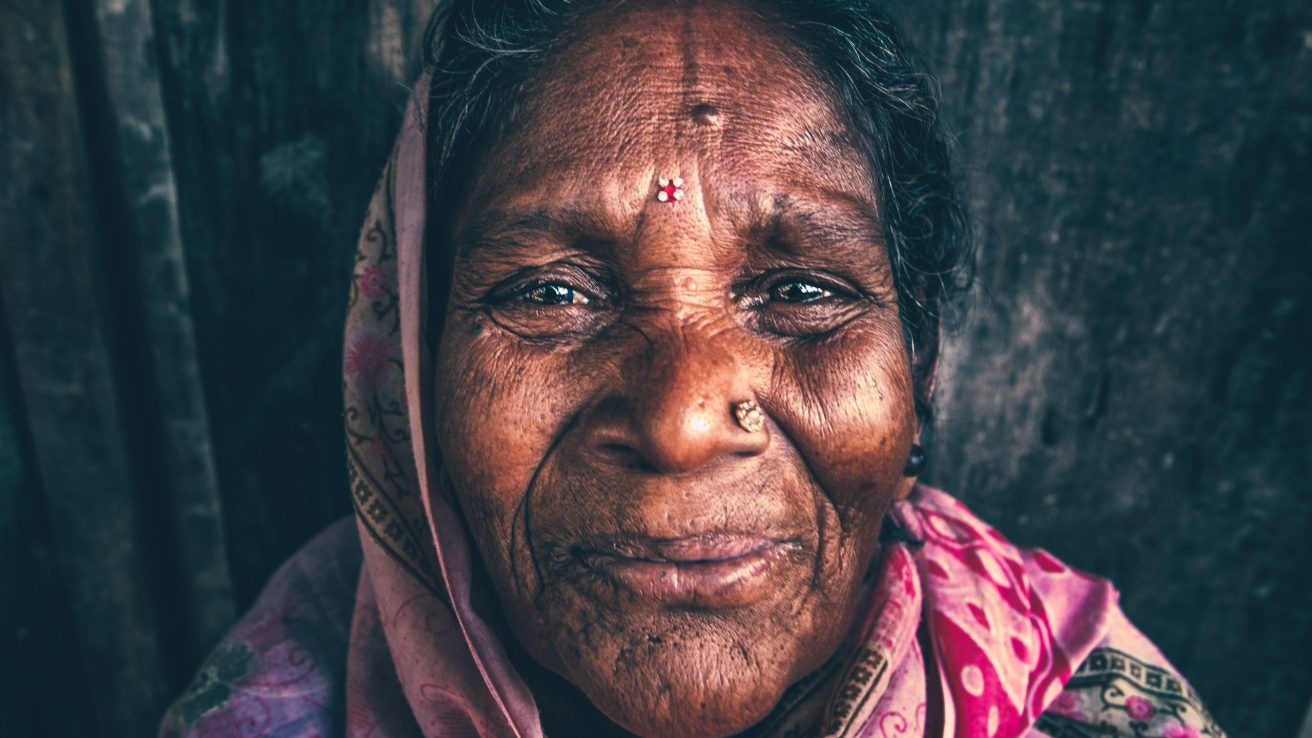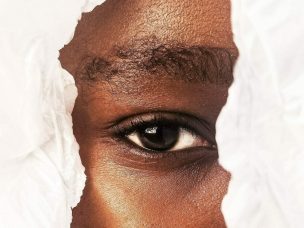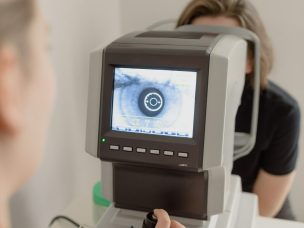Razumab is the world’s first biosimilar ranibizumab. It has been approved for treating various types of macular disorders, including wet age-related macular degeneration (AMD). This prospective, multi-center, post-marketing study focuses on the safety and efficacy of biosimilar ranibizumab for patients with wet AMD.
The 24-week study enrolled 126 patients with wet AMD. They were all 50 and older and had best-corrected visual acuity between 20/40 and 20/320. Patients received 0.5 mg of intravitreal biosimilar ranibizumab every 4 weeks. Safety was measured using endpoints of incidence of adverse events, serious adverse events, and immunoreactivity after 6 months.
Over 95% of the patients in the study received all 6 doses of biosimilar ranibizumab. No serious adverse effects were reported that were related to the study drug, and the majority of non-serious adverse effects were mild. The researchers detail the results across various metrics, including visual acuity. They concluded that Razumab is well tolerated and significantly improves visual acuity in patients with wet AMD [1].
Source:
[1] Sharma, S., Gupta, V., Maiti, A., Natesh, S., Saxena, S., Dave, V., Parmar, V., Sampangi, R., Murthy, H., Dharwadkar, S., Yadav, N. K., Joshi, S., Mayor, R., Ratra, D., Basu, S., Goel, N., Chaturvedi, A., Patel, R., & Jose, V. (2021). Safety and efficacy of RazumabTM (world’s first biosimilar ranibizumab) in wet age-related macular degeneration: a post-marketing, prospective ASSET study. International Journal of Retina and Vitreous, 7(1). https://doi.org/10.1186/s40942-021-00293-w










